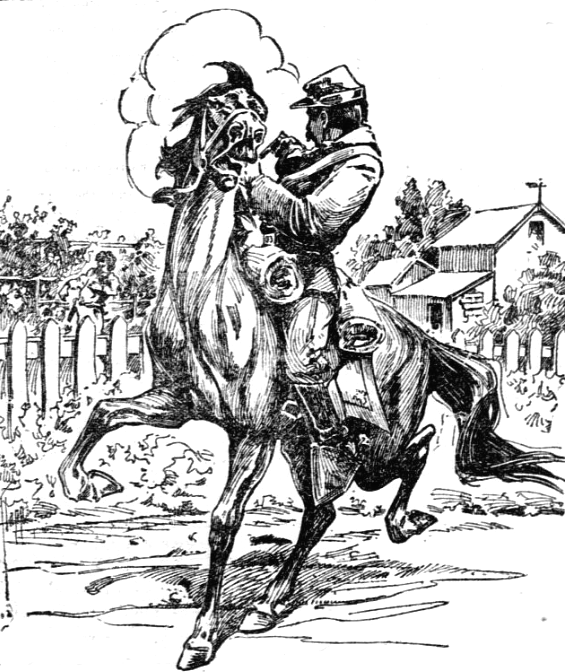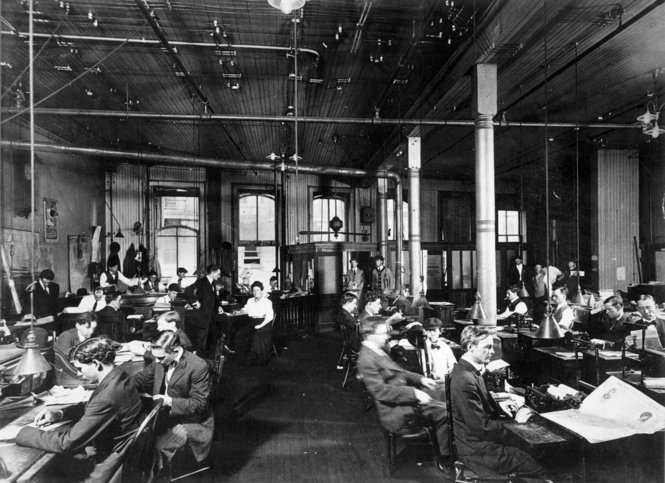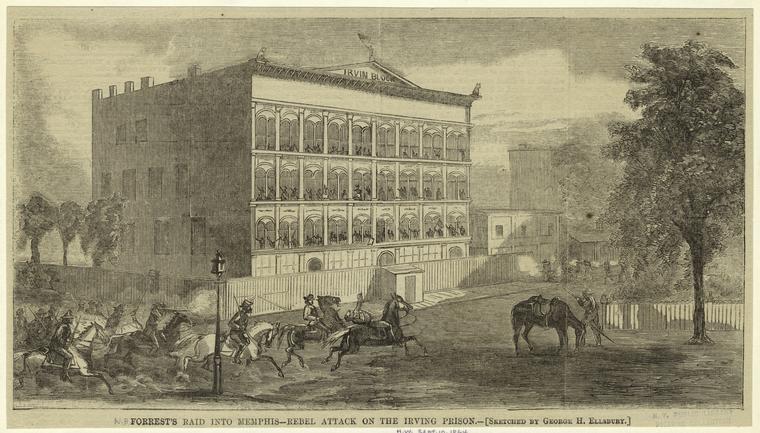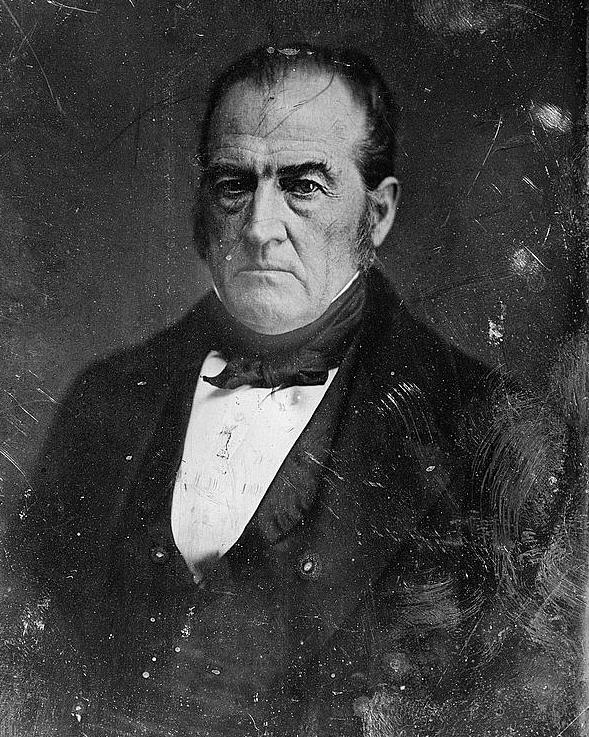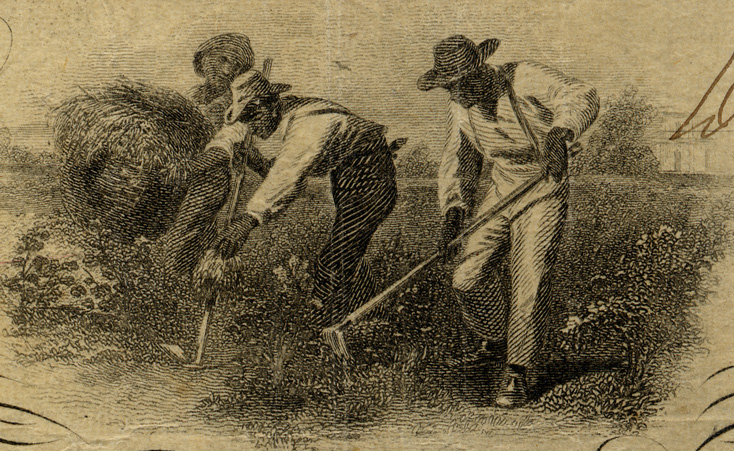|
Elizabeth Lyle Saxon
Elizabeth Lyle Saxon (December 2, 1832 – March 14, 1915) was a writer and a late 19th and early 20th century advocate of women's rights. She reached national recognition as one of the key pioneer suffragettes of the South, making numerous appeals to the federal government to recognize women's right to vote. Early life Elizabeth Lyle Saxon was born December 2, 1832, to Andrew J. Lyle and Clarissa N. Crutchfield in Greenville, Tennessee. When Saxon was only two years old, her mother died, leaving her father to raise her alone. Saxon very much looked up to her father and described herself as being like him. He passed on to her a love of literature and nature, and "hatred of oppression". In her youth, Saxon was formally tutored by writer Caroline Lee Hentz in Tuskegee, Alabama. Saxon began writing at the age of 12 under the pen name Annott Lyle and later published stories in the Louisville, Kentucky, '' Courier''; the Columbia, South Carolina, ''Banner''; and the Philadelp ... [...More Info...] [...Related Items...] OR: [Wikipedia] [Google] [Baidu] |
Greenville, Tennessee
Greeneville is a town in and the county seat of Greene County, Tennessee, United States. The population as of the 2020 census was 15,479. The town was named in honor of American Revolutionary War, Revolutionary War hero Nathanael Greene, and it is the second oldest town in Tennessee. It is the only town with this spelling in the United States, although there are numerous U.S. towns named ''Greenville''. The town was the capital of the short-lived State of Franklin in the 18th-century history of East Tennessee. Greeneville is known as the town where President of the United States, United States President Andrew Johnson began his political career when elected from his trade as a tailor. He and his family lived there for most of his adult years. It was an area of strong abolitionist and Unionist views and yeoman farmers, an environment that influenced Johnson's outlook. The Greeneville Historic District (Greeneville, Tennessee), Greeneville Historic District was established in 197 ... [...More Info...] [...Related Items...] OR: [Wikipedia] [Google] [Baidu] |
American Civil War
The American Civil War (April 12, 1861 – May 26, 1865; also known by other names) was a civil war in the United States. It was fought between the Union ("the North") and the Confederacy ("the South"), the latter formed by states that had seceded. The central cause of the war was the dispute over whether slavery would be permitted to expand into the western territories, leading to more slave states, or be prevented from doing so, which was widely believed would place slavery on a course of ultimate extinction. Decades of political controversy over slavery were brought to a head by the victory in the 1860 U.S. presidential election of Abraham Lincoln, who opposed slavery's expansion into the west. An initial seven southern slave states responded to Lincoln's victory by seceding from the United States and, in 1861, forming the Confederacy. The Confederacy seized U.S. forts and other federal assets within their borders. Led by Confederate President Jefferson Davis, ... [...More Info...] [...Related Items...] OR: [Wikipedia] [Google] [Baidu] |
The Times-Picayune
''The Times-Picayune/The New Orleans Advocate'' is an American newspaper published in New Orleans, Louisiana, since January 25, 1837. The current publication is the result of the 2019 acquisition of ''The Times-Picayune'' (itself a result of the 1914 union of ''The Picayune'' with the ''Times-Democrat'') by the New Orleans edition of '' The Advocate'' (based in Baton Rouge), which began publication in 2013 as a response to ''The Times-Picayune'' switching from a daily publication schedule to a Wednesday/Friday/Sunday schedule in October 2012 (''The Times-Picayune'' resumed daily publication in 2014). ''The Times-Picayune'' was awarded the Pulitzer Prize for Public Service in 2006 for its coverage of Hurricane Katrina. Four of ''The Times-Picayune'''s staff reporters also received Pulitzers for breaking-news reporting for their coverage of the storm. The paper funds the Edgar A. Poe Award for journalistic excellence, which is presented annually by the White House Correspondents' ... [...More Info...] [...Related Items...] OR: [Wikipedia] [Google] [Baidu] |
Ladies Physiological Association
The word ''lady'' is a term for a girl or woman, with various connotations. Once used to describe only women of a high social class or status, the equivalent of lord, now it may refer to any adult woman, as gentleman can be used for men. Informal use is sometimes euphemistic ("lady of the night" for prostitute) or, in American slang, condescending in direct address (equivalent to "mister" or "man"). "Lady" is also a formal title in the United Kingdom. "Lady" is used before the family name of a woman with a title of nobility or honorary title '' suo jure'' (in her own right), or the wife of a lord, a baronet, Scottish feudal baron, laird, or a knight, and also before the first name of the daughter of a duke, marquess, or earl. Etymology The word comes from Old English '; the first part of the word is a mutated form of ', "loaf, bread", also seen in the corresponding ', "lord". The second part is usually taken to be from the root ''dig-'', "to knead", seen also in ... [...More Info...] [...Related Items...] OR: [Wikipedia] [Google] [Baidu] |
Memoir
A memoir (; , ) is any nonfiction narrative writing based in the author's personal memories. The assertions made in the work are thus understood to be factual. While memoir has historically been defined as a subcategory of biography or autobiography since the late 20th century, the genre is differentiated in form, presenting a narrowed focus. A biography or autobiography tells the story "of a life", while a memoir often tells the story of a particular event or time, such as touchstone moments and turning points from the author's life. The author of a memoir may be referred to as a memoirist or a memorialist. Early memoirs Memoirs have been written since the ancient times, as shown by Julius Caesar's ''Commentarii de Bello Gallico'', also known as ''Commentaries on the Gallic Wars''. In the work, Caesar describes the battles that took place during the nine years that he spent fighting local armies in the Gallic Wars. His second memoir, ''Commentarii de Bello Civili'' (or ''Com ... [...More Info...] [...Related Items...] OR: [Wikipedia] [Google] [Baidu] |
Irving Block Prison
The Irving Block prison was a wartime prison in Memphis, Tennessee, during the American Civil War. Notorious for its cruel and unsanitary living conditions, it was also known as the " Bastille" of Memphis. Creation The building that later became used as the Irving Block Prison was constructed in 1860 on Second Street in Memphis, as an office building. To protect the building from burglary, iron slats covered the windows. During the Civil War, it was converted into a Confederate Hospital by the Southern Mothers organization. After the capture of Memphis by the Union Army in 1862, it was turned into a prison to house soldiers and civilian Confederate sympathizers, including women and Memphis mayor John Park. Extortion In 1862, General Ulysses S. Grant appointed Stephen A. Hurlbut in charge of Memphis and the Irving Block prison. Hurlbut had been instructed to crack down on Confederate sympathizers and the smuggling of cotton, but instead set up an extortion ring to profit f ... [...More Info...] [...Related Items...] OR: [Wikipedia] [Google] [Baidu] |
Steamship
A steamship, often referred to as a steamer, is a type of steam-powered vessel, typically ocean-faring and seaworthy, that is propelled by one or more steam engines that typically move (turn) propellers or paddlewheels. The first steamships came into practical usage during the early 1800s; however, there were exceptions that came before. Steamships usually use the prefix designations of "PS" for ''paddle steamer'' or "SS" for ''screw steamer'' (using a propeller or screw). As paddle steamers became less common, "SS" is assumed by many to stand for "steamship". Ships powered by internal combustion engines use a prefix such as "MV" for ''motor vessel'', so it is not correct to use "SS" for most modern vessels. As steamships were less dependent on wind patterns, new trade routes opened up. The steamship has been described as a "major driver of the first wave of trade globalization (1870–1913)" and contributor to "an increase in international trade that was unprecedented in hu ... [...More Info...] [...Related Items...] OR: [Wikipedia] [Google] [Baidu] |
Tennessee In The American Civil War
The American Civil War made a huge impact on Tennessee, with large armies constantly destroying its rich farmland, and every county witnessing combat. It was a divided state, with the Eastern counties harboring pro-Union sentiment throughout the conflict, and it was the last state to officially secede from the Union, in protest of President Lincoln's April 15 Proclamation calling forth 75,000 members of state militias to suppress the rebellion. Although Tennessee provided a large number of troops for the Confederacy, it would also provide more soldiers for the Union Army than any other state within the Confederacy. In February 1862, some of the war's first serious fighting took place along the Tennessee and Cumberland rivers, recognized as major military highways, and mountain passes such as Cumberland Gap were keenly competed-for by both sides. The Battle of Shiloh and the fighting along the Mississippi brought glory to the little-known Ulysses S. Grant, while his area comm ... [...More Info...] [...Related Items...] OR: [Wikipedia] [Google] [Baidu] |
Confederate States Dollar
The Confederate States dollar was first issued just before the outbreak of the American Civil War by the newly formed Confederacy. It was not backed by hard assets, but simply by a promise to pay the bearer after the war, on the prospect of Southern victory and independence. As the Civil War progressed and victory for the South seemed less and less likely, its value declined. After the Confederacy's defeat, its money had no value, and both individuals and banks lost large sums. The first series of Confederate paper money, issued in March 1861, bore interest and had a total circulation of . As the war began to tilt against the Confederates, confidence in the currency diminished, and the government inflated the currency by continuing to print the unbacked banknotes. By the end of 1863, the Confederate dollar (or "Greyback", to distinguish it from the then-new " Greenback" paper US dollar, which was likewise put into circulation during the war) was quoted at just six cents in gold ... [...More Info...] [...Related Items...] OR: [Wikipedia] [Google] [Baidu] |
